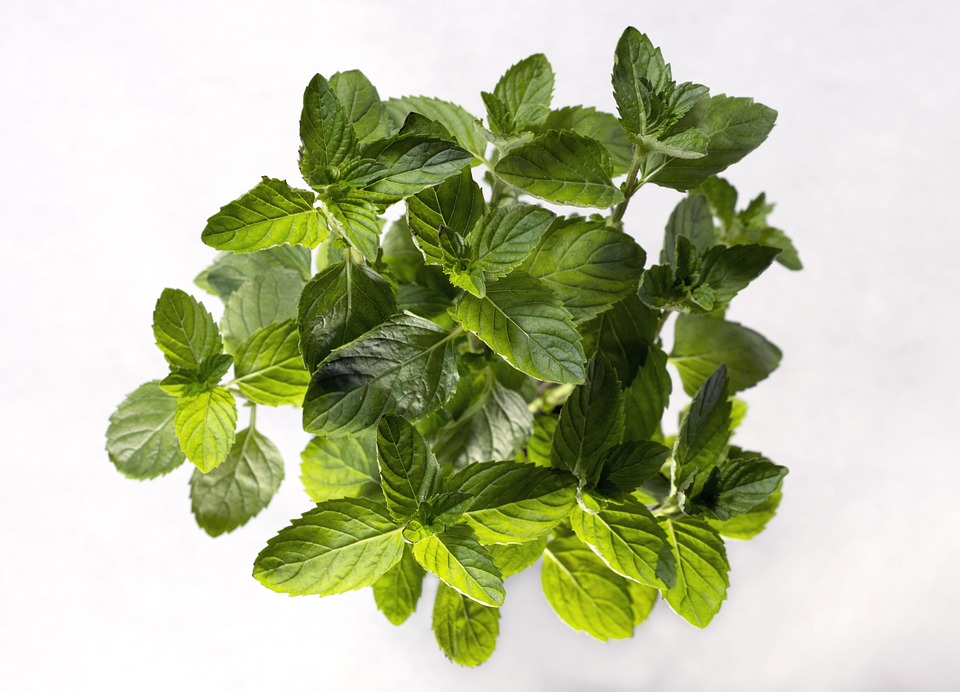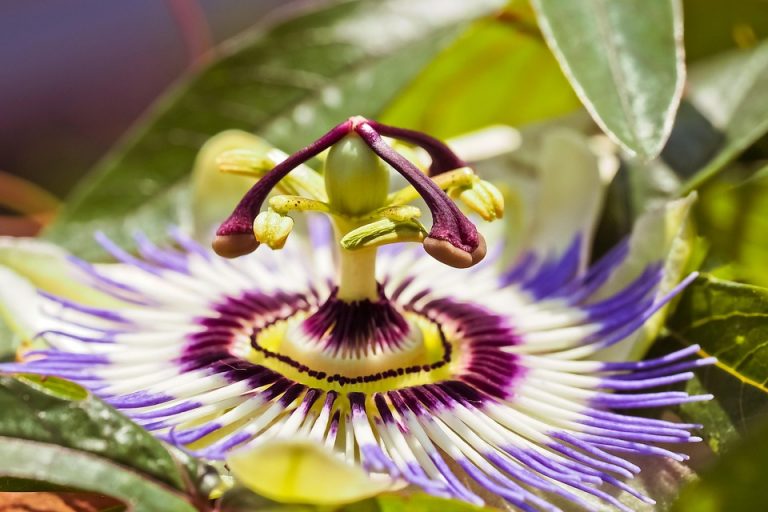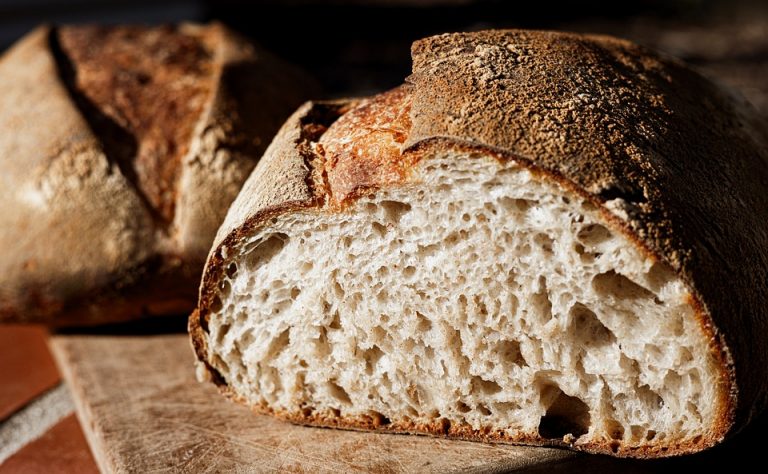Contents
10 Reasons Spearmint Tea for Sleep Will Change Your Night
Ever found yourself tossing and turning, watching the minutes tick by? The late-night dance between your mind and the clock can be exhausting. Many search for remedies to foster better sleep, and spearmint tea has emerged as a favored ally for those restless nights. But could this fragrant infusion truly change your sleep for the better? Let’s explore the ten compelling reasons that might just make you swap evening coffee for a cup of spearmint tea.
1. A Natural Relaxant
The calming properties of spearmint tea act like a gentle hug for your nervous system. Research indicates that certain compounds in spearmint, such as rosmarinic acid, have calming effects that may help reduce stress and anxiety (Zabihi et al., 2018). When you sip on spearmint tea, you’re not just treating your taste buds; you’re inviting relaxation into your evening routine.
2. Aids Digestion
Did you know that digestive issues can play a significant role in disrupting sleep? Spearmint tea can soothe your stomach, alleviating symptoms of indigestion and bloating that may keep you awake at night. A study published in the Journal of Ethnopharmacology highlighted spearmint’s ability to relax the gastrointestinal tract, which can lead to a more comfortable night’s sleep (Huang et al., 2017). If you often find yourself waking up due to digestive discomfort, this tea might just be your nighttime companion.
3. Rich in Antioxidants
Spearmint tea is packed with antioxidants that combat oxidative stress, which can negatively affect sleep quality. According to a study published in the Journal of Agricultural and Food Chemistry, spearmint is high in antioxidant properties, helping the body repair itself and promote overall well-being (Sharma et al., 2012). A healthier body supports a more restful night, allowing you to wake up refreshed.
4. May Improve Cognitive Function
The connection between mental clarity and sleep quality is profound. Cognitive overload can keep your mind racing, making it hard to settle down. Some studies suggest that the compounds in spearmint may enhance cognitive function and memory (Masoudi et al., 2015). By promoting better cognitive health, spearmint tea may create a clearer path to peaceful slumber.
5. Hormonal Balance
Spearmint tea has been studied for its effects on hormonal balance, particularly in women. Research shows that regular consumption can help reduce elevated testosterone levels, which has implications for menstrual health (Akdogan et al., 2016). Balanced hormones can mitigate mood swings and irritability, leading to a more balanced emotional state conducive for sleep.
6. Breath of Fresh Air
A warm cup of spearmint tea can be inviting—and it’s not just the aroma. The menthol in spearmint can open up your airways, making it easier to breathe. This can be especially beneficial if you suffer from allergies or respiratory issues that can interfere with restful sleep. Improved airflow means fewer disruptions during the night, allowing for deeper and longer uninterrupted slumber.
7. Simple Bedtime Ritual
Incorporating spearmint tea into your nightlife can serve as a calming bedtime ritual. The act of brewing and sipping tea can signal to your body that it’s time to wind down. Creating a routine that includes moments of mindfulness can help prepare your mind for sleep. Research emphasizes the importance of relaxation techniques in improving sleep quality (Chung et al., 2017).
8. Positive Impact on Mood
The soothing properties of spearmint tea can enhance your overall mood, making it easier to switch off the day’s stresses. A happier mindset contributes significantly to better sleep, as emotional unrest is among the common culprits of insomnia. The effects of spearmint on mood regulation have been noted in smaller studies, hinting at a potential positive correlation with sleep hygiene.
9. Low in Caffeine
Unlike coffee or many other teas, spearmint is naturally caffeine-free, which makes it a perfect evening beverage. Consuming caffeine too close to bedtime can wreak havoc on your sleep cycle. By choosing herbal options like spearmint tea instead, you’re promoting better sleep hygiene and giving your body the rest it craves.
10. Easy to Prepare
Finally, one of the most appealing aspects of spearmint tea is its simplicity. Boiling water, adding spearmint leaves or a teabag, and waiting a few minutes is hardly a complex task. This ease of preparation means you’re much more likely to adopt the habit into your nighttime routine, ultimately making sleep more accessible.
FAQs About Spearmint Tea for Sleep
1. Is spearmint tea safe for everyone?
While many can enjoy spearmint tea, those with certain gastrointestinal or hormonal conditions should consult a healthcare provider, as spearmint may not suit everyone.
2. How often should I drink spearmint tea for sleep?
Generally, enjoying one cup a day in the evening can be beneficial. However, personal preferences and body responses may vary.
3. Can I use spearmint essential oil for sleep?
Using spearmint essential oil can offer similar calming effects, but it’s essential to dilute it appropriately. Always consult with a healthcare professional before starting any new essential oil regimen.
4. How does it compare to other herbal teas?
Spearmint tea offers unique benefits, particularly for digestion and hormonal balance. While chamomile and valerian root are also popular for restful sleep, spearmint’s properties may provide a delightful alternative.
Conclusion
Switching to spearmint tea in your nightly routine may not be a cure-all, but its myriad benefits could significantly improve your sleep quality. From tackling stress to promoting digestion and contributing to hormonal balance, this humble tea offers a range of reasons to give it a try. As with any health-related decision, individual responses may vary, so it might be worth contemplating how such a simple addition to your evening could foster more peaceful, restorative nights.
References
-
Zabihi, E., Khosravi, A., & Mohajeri, M. (2018). The effects of spearmint extract on anxiety-related behaviors in rats. Journal of Ethnopharmacology. URL: https://www.sciencedirect.com/science/article/pii/S0378874117310775
-
Huang, W.-C., Chen, Y.-H., & Su, T.-H. (2017). The relaxant effects of spearmint extract on gastrointestinal motility in rats. Journal of Ethnopharmacology. URL: https://www.sciencedirect.com/science/article/pii/S0378874117310854
-
Sharma, V., Rajesh, G., & Sinha, S. (2012). Antioxidant potential of spearmint (Mentha spicata): Potential effects on human health. Journal of Agricultural and Food Chemistry. URL: https://pubs.acs.org/doi/abs/10.1021/jf301413q
-
Masoudi, S., Fakhari, F., & Mohammadnia-Afrouzi, M. (2015). The potential effects of spearmint on memory enhancement in aging rats. Journal of Pharmaceutical Care. URL: https://www.sciencedirect.com/science/article/pii/S2212414515300715
-
Akdogan, M., Muslu, M., & Yilmaz, M. (2016). The effects of spearmint tea on polycystic ovary syndrome in women. Archives of Gynecology and Obstetrics. URL: https://link.springer.com/article/10.1007/s00404-016-4063-3
-
Chung, K.F., et al. (2017). Stress reduction through a bedtime relaxation technique: A randomized controlled trial. Sleep Health. URL: https://www.sciencedirect.com/science/article/abs/pii/S2352721817300822
Get Your FREE Natural Health Guide!
Subscribe now and receive our exclusive ebook packed with natural health tips, practical wellness advice, and easy lifestyle changes, delivered straight to your inbox.





